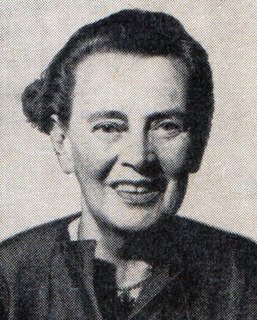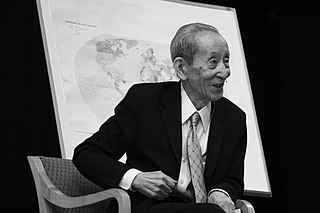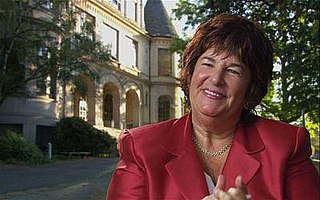A Quote by Storm Jameson
... we do not remember people as they were. What we remember is the effect they had on us then, but we remember it through an emotion charged with all that has since happened to us.
Related Quotes
Even grief recedes with time and grace. But our resolve must not pass. Each of us will remember what happened that day, and to whom it happened. We'll remember the moment the news came -- where we were and what we were doing. Some will remember an image of a fire, or a story of rescue. Some will carry memories of a face and a voice gone forever.
A cruel joke has been played on us. We are fated always to remember what we learned but never to recall the experiences that taught us. Who can remember being born? Yet, it is possible to speculate that anxiety has its roots in this experience, that dread of abandonment, fears of separation, intolerable loneliness go back to this moment. Who can remember being cared for as an infant? ... Who can remember being toilet-trained? ... Who can remember the attachment which developed to the parent of the opposite sex? ... We cannot remember but what we have forgotten lives on dynamically.
Many people believe that they were made by their parents: 'I didn't ask to be born.' they cry. This is completely wrong. Please try to remember when your were five. If you try then you will remember that this memory had no beginning. It seems as if you can remember living infinitely; that your life didn't begin when you were born but continues without limit.
O, heavenly Father: we thank thee for food and remember the hungry.
We thank thee for health and remember the sick.
We thank thee for friends and remember the friendless.
We thank thee for freedom and remember the enslaved.
May these remembrances stir us to service,
That thy gifts to us may be used for others.
Amen.
One extremely important purpose of emotions from an evolutionary perspective is to help us decide what to remember and what to forget. The cavewoman who could remember which cave had the gentle guy who gave her food is more likely to be our foremother than the cave woman who confused it with the cave that held the killer bear. The emotion of love (or something resembling it) and the emotion of fear would help secure her memories.




































